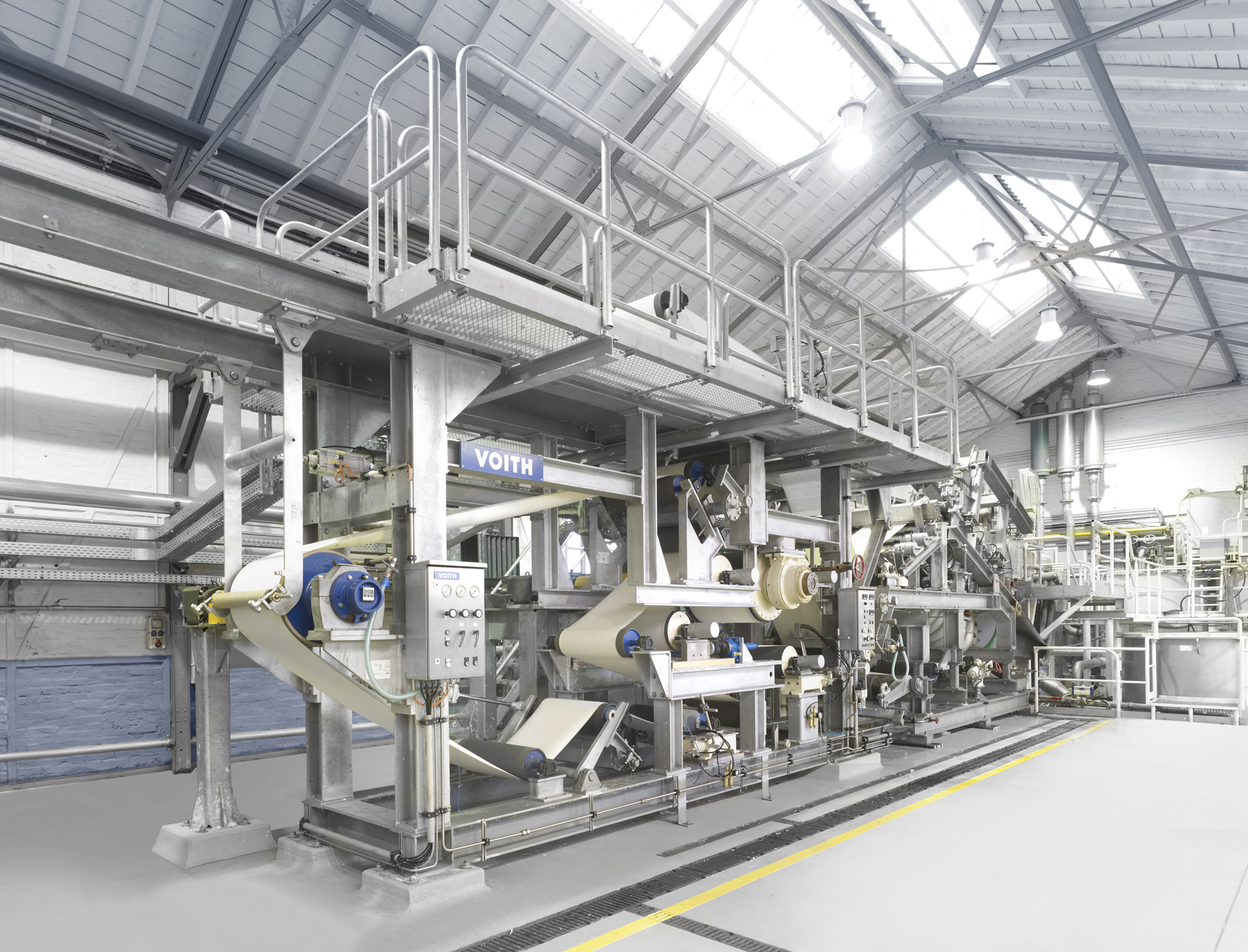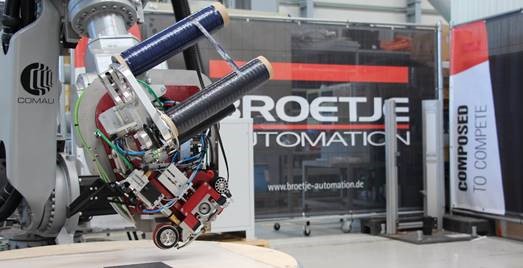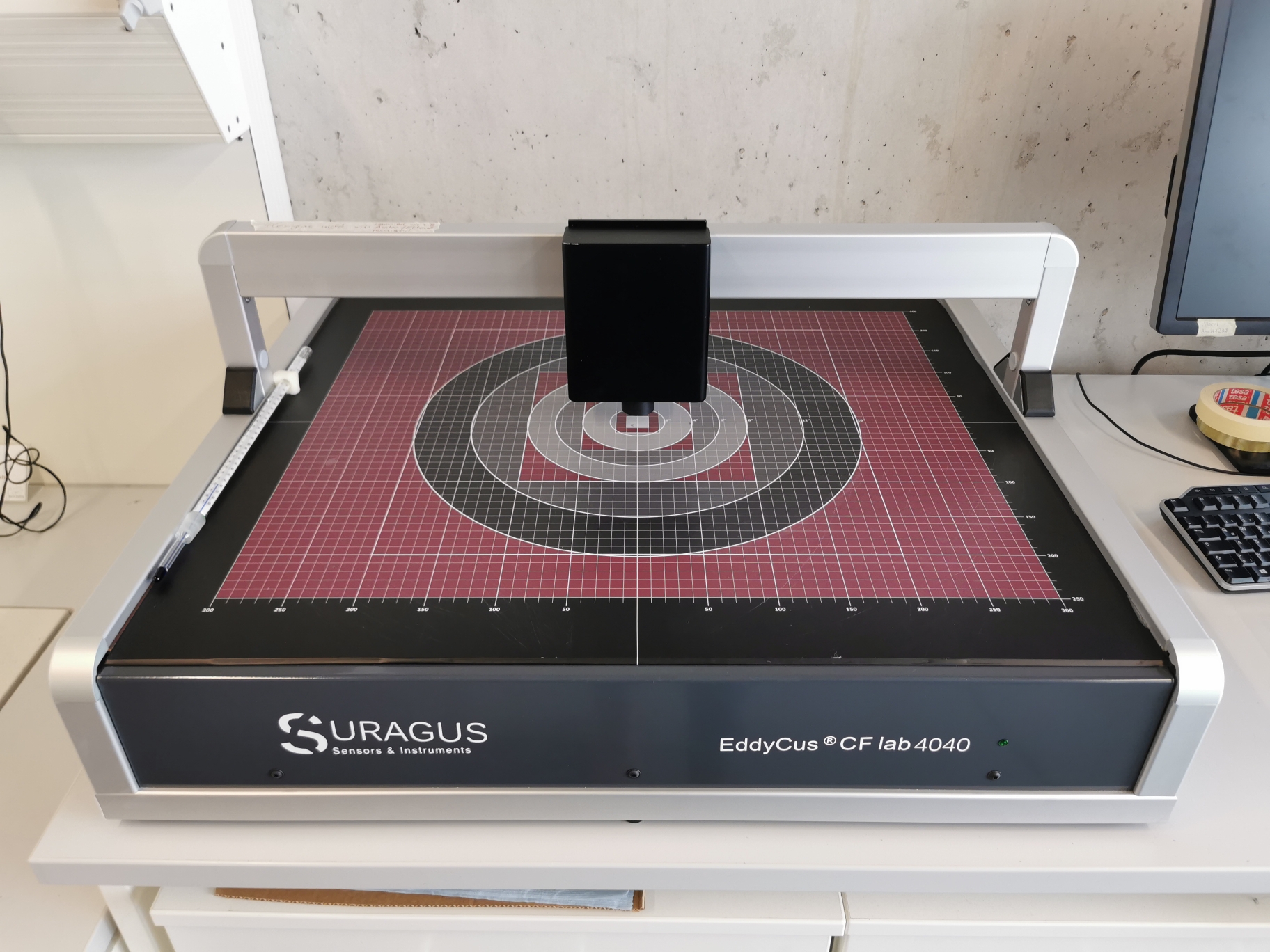Highly oriented wetlaid nonwovens made from recycled carbon fibers - from waste to secondary raw material
The »Scrap SeRO« project is an international joint project in the field of »recycling of carbon fibers«.
The technical project goal is the demonstration of a continuous process route for processing pyrolytically recycled carbon fibers (rCF) in high-performance second-life component structures. In addition to the technological level, the focus of the project is particularly on the international transfer character, in the sense of a cross-cluster initiative between the top cluster MAI Carbon (Germany) and CVC (South Korea).
Through direct cooperation between market-leading companies and research institutions of the participating cluster members, the technical project processing takes place in the context of the global challenge of recycling, as well as the need for increased resource efficiency, with reference to the economically strategic material carbon fibers.



